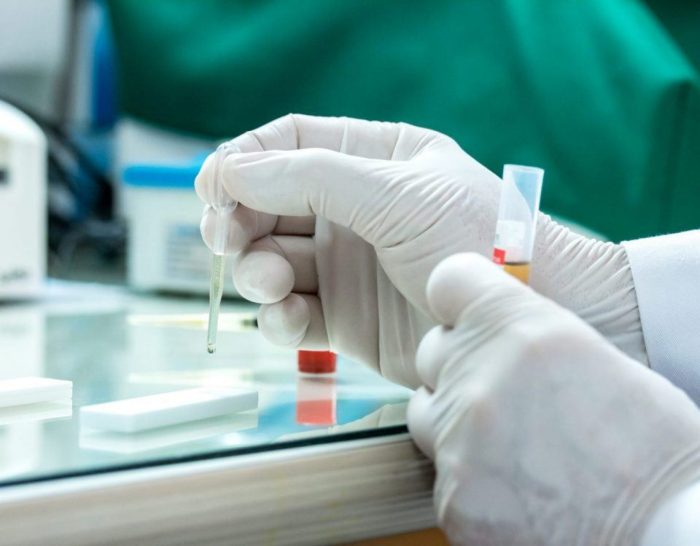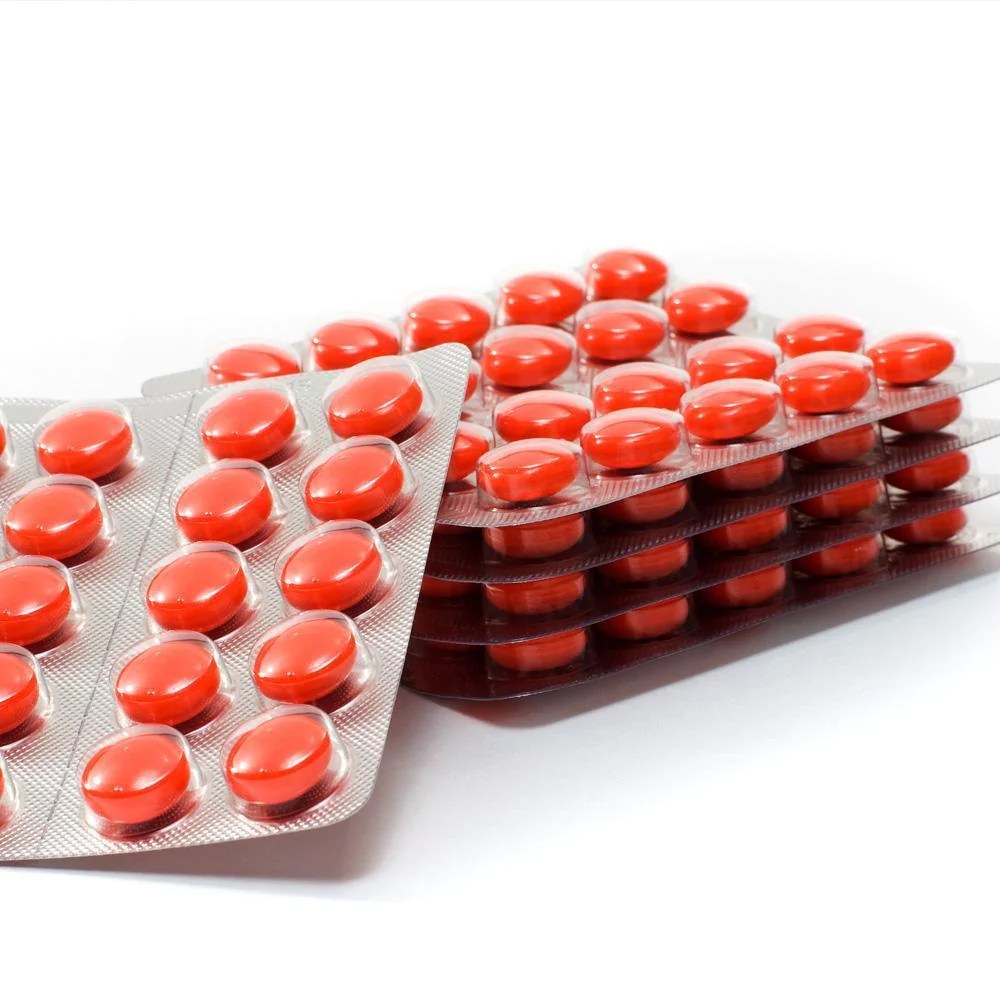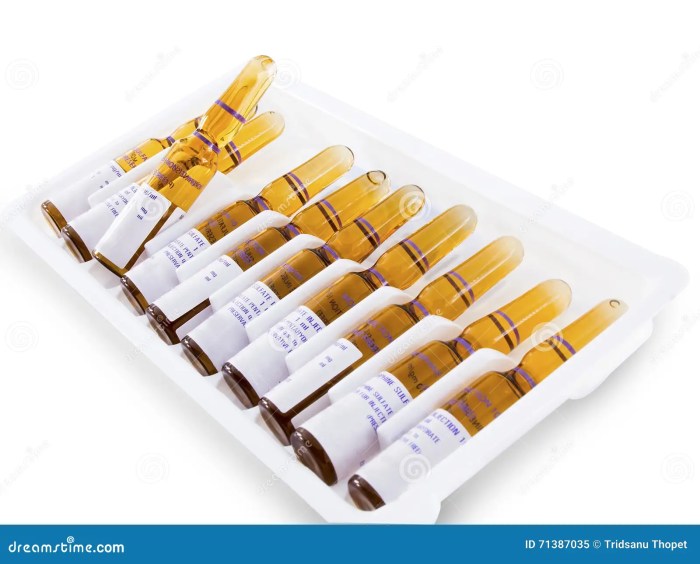Atlas Physical & Drug Testing stands at the forefront of health and safety, offering a comprehensive suite of services that empower individuals and organizations to make informed decisions. Our expertise in physical and drug testing provides a vital foundation for safeguarding health, ensuring compliance, and promoting well-being.
From rigorous physical testing procedures to advanced drug screening techniques, Atlas Physical & Drug Testing delivers unparalleled accuracy, reliability, and professionalism. We delve into the complexities of physical and drug testing, unraveling the benefits, applications, and best practices in this dynamic field.
Atlas Physical Testing
Atlas Physical Testing offers a comprehensive range of physical testing services to evaluate the properties and performance of materials. These services play a crucial role in ensuring product quality, safety, and compliance with industry standards.
Testing Procedures
Atlas Physical Testing employs various testing procedures to assess the physical characteristics of materials, including:
- Tensile testing: Measures the strength and elasticity of materials under tension.
- Compression testing: Determines the material’s ability to withstand compressive forces.
- Flexural testing: Evaluates the material’s resistance to bending.
- Impact testing: Assesses the material’s toughness and resistance to impact forces.
- Fatigue testing: Determines the material’s ability to withstand repeated loading and unloading cycles.
Benefits
Physical testing provides numerous benefits for manufacturers, engineers, and consumers:
- Ensures product quality and reliability.
- Helps optimize material selection and design.
- Provides data for failure analysis and product improvement.
- Complies with industry standards and regulations.
- Reduces the risk of product failures and safety hazards.
Atlas Drug Testing

Atlas Drug Testing provides comprehensive drug testing services to ensure a drug-free workplace or environment. We offer a range of drug tests to detect the presence of various substances in bodily fluids, including urine, blood, and saliva.
Types of Drug Tests
We offer the following types of drug tests:
- Urine Drug Test:The most common and cost-effective method, it detects drug metabolites in urine samples.
- Blood Drug Test:A more invasive but accurate method, it detects the presence of drugs or their metabolites in blood samples.
- Saliva Drug Test:A non-invasive method that detects drug metabolites in saliva samples.
Drug Testing Procedures
Our drug testing procedures are designed to ensure accuracy and reliability:
- Sample Collection:Trained technicians collect samples under strict protocols to prevent contamination or tampering.
- Sample Analysis:Samples are analyzed using advanced laboratory techniques to identify and quantify drug metabolites.
- Interpretation of Results:Our certified professionals interpret the test results and provide a detailed report to the requesting party.
Importance of Drug Testing
Drug testing plays a crucial role in various settings:
- Workplace Safety:Ensures a drug-free workplace, reducing accidents, injuries, and liability.
- School Safety:Helps identify and prevent drug use among students, creating a safer learning environment.
- Law Enforcement:Aids in detecting drug-impaired drivers and suspects, improving road safety and public health.
- Addiction Treatment:Monitors drug use and progress during treatment, providing objective data for informed decisions.
Atlas Testing Methods

Atlas offers a comprehensive range of testing methods to cater to diverse quality control and research needs. These methods are designed to provide accurate and reliable data for various materials and applications.
Atlas Physical & Drug Testing ensures your workplace is drug-free. We understand the importance of creating a safe and productive work environment. Our comprehensive drug testing services provide you with peace of mind, knowing that your employees are not under the influence of drugs.
Learn more about our services by reading us and them by david sedaris and contact us today to schedule a consultation.
Testing Methods and Applications
| Method | Principle | Applications |
|---|---|---|
| Tensile Testing | Measures the force required to break a material under tension | Strength, elasticity, and ductility of metals, polymers, and composites |
| Compression Testing | Measures the force required to crush or deform a material under compression | Strength, yield strength, and deformation of concrete, soil, and ceramics |
| Flexural Testing | Measures the force required to bend a material | Strength, stiffness, and toughness of plastics, composites, and wood |
| Hardness Testing | Measures the resistance of a material to surface deformation | Hardness, wear resistance, and strength of metals, ceramics, and coatings |
| Impact Testing | Measures the energy absorbed by a material when subjected to a sudden force | Toughness, resilience, and impact resistance of metals, plastics, and composites |
Advantages and Disadvantages of Testing Methods
Each testing method has its advantages and disadvantages, which should be considered when selecting the appropriate method for a specific application.
Tensile Testing
- Advantages: Simple and versatile, provides direct measurement of tensile strength
- Disadvantages: Limited to materials that can withstand tension, may not capture complex failure modes
Compression Testing
- Advantages: Suitable for materials that are weak in tension, provides data on yield strength and deformation
- Disadvantages: May require specialized equipment, can be affected by sample geometry
Flexural Testing
- Advantages: Sensitive to small changes in material properties, can provide insights into bending strength and stiffness
- Disadvantages: Can be influenced by sample size and shape, may not be suitable for very brittle materials
Hardness Testing
- Advantages: Non-destructive, quick and easy to perform, provides a measure of surface hardness
- Disadvantages: Limited to materials with a defined surface, may not reflect bulk material properties
Impact Testing
- Advantages: Assesses the toughness and impact resistance of materials, can identify brittle failure modes
- Disadvantages: Can be influenced by sample size and shape, may require specialized equipment
Factors to Consider When Choosing a Testing Method
When choosing a testing method, several factors should be considered:
- Material properties: The type of material and its expected mechanical behavior
- Application requirements: The specific information needed for the intended use
- Sample availability: The size, shape, and quantity of the sample available for testing
- Cost and time constraints: The resources available for conducting the testing
Atlas Testing Procedures
Atlas Physical & Drug Testing employs a rigorous and standardized testing process to ensure the accuracy and reliability of our results. Our procedures are designed to comply with the highest industry standards and regulatory guidelines.
Our testing methods are divided into two primary categories: physical testing and drug testing. Physical testing evaluates an individual’s physical abilities and capabilities, while drug testing screens for the presence of illicit substances in the body.
Physical Testing
Physical testing typically involves a series of assessments that measure an individual’s strength, endurance, flexibility, and coordination. These assessments may include:
- Grip strength test: Measures the strength of an individual’s grip using a dynamometer.
- Push-up test: Assesses upper body strength and endurance by measuring the number of push-ups an individual can perform.
- Sit-and-reach test: Evaluates flexibility by measuring the distance an individual can reach forward while sitting on the floor.
- Standing long jump: Tests an individual’s power and coordination by measuring the distance they can jump from a standing position.
Drug Testing
Drug testing involves the analysis of bodily fluids, such as urine or saliva, to detect the presence of illicit substances. We utilize advanced testing methods, including immunoassays and gas chromatography-mass spectrometry (GC-MS), to ensure the accuracy and sensitivity of our results.
Our drug testing panels are customizable to meet the specific needs of our clients. We offer a wide range of tests, including:
- Standard 5-panel drug test: Screens for the presence of marijuana, cocaine, amphetamines, opiates, and PCP.
- 10-panel drug test: Includes the standard 5-panel test plus tests for benzodiazepines, barbiturates, methadone, and propoxyphene.
- Custom drug test: Allows clients to select specific drugs to be tested for based on their unique requirements.
Atlas Testing Results: Atlas Physical & Drug Testing

Interpreting physical and drug test results provided by Atlas Testing can provide valuable insights into an individual’s health, fitness, and substance use. Here’s how to make sense of these test results:
Physical Test Results
Physical test results typically include measurements such as height, weight, body mass index (BMI), blood pressure, heart rate, and flexibility. These results can indicate an individual’s overall physical health and fitness level.
| Test | Normal Range | Implications |
|---|---|---|
| Height | Varies by age and gender | Height is a factor in determining appropriate weight range and body composition. |
| Weight | Varies by height, age, and gender | Weight can indicate overall body composition and potential health risks. |
| BMI | 18.5-24.9 | BMI is a measure of body fat based on height and weight. A BMI outside this range may indicate underweight, overweight, or obesity. |
| Blood Pressure | Less than 120/80 mmHg | Blood pressure measures the force of blood against the artery walls. High blood pressure can increase the risk of heart disease and stroke. |
| Heart Rate | 60-100 beats per minute | Heart rate measures the speed at which the heart beats. An abnormal heart rate may indicate underlying health conditions. |
| Flexibility | Varies by age and gender | Flexibility measures the range of motion in joints. Reduced flexibility can impact mobility and increase the risk of injuries. |
Drug Test Results
Drug test results indicate the presence or absence of specific drugs or their metabolites in an individual’s system. These results can be used to detect recent or ongoing substance use.
| Drug | Detection Window | Implications |
|---|---|---|
| Alcohol | Up to 12 hours | Alcohol use can impair judgment, coordination, and reaction time. |
| Marijuana (THC) | Up to 30 days | Marijuana use can affect cognitive function, memory, and coordination. |
| Cocaine | Up to 4 days | Cocaine use can cause increased heart rate, blood pressure, and seizures. |
| Amphetamines | Up to 3 days | Amphetamine use can lead to increased alertness, reduced appetite, and insomnia. |
| Opiates (heroin, morphine) | Up to 3 days | Opiate use can cause drowsiness, respiratory depression, and constipation. |
It’s important to note that test results can be affected by factors such as individual metabolism, hydration levels, and the type of test used. Always consult with a healthcare professional to interpret test results and determine their implications for your health and well-being.
Atlas Quality Control

Atlas implements rigorous quality control measures to ensure the accuracy and reliability of its testing services. These measures are designed to minimize errors, maintain consistency, and meet industry standards.
Quality control procedures at Atlas include:
Calibration and Maintenance
All testing equipment is regularly calibrated and maintained to ensure it is operating within specified tolerances. This includes regular checks, adjustments, and preventive maintenance to minimize the risk of equipment malfunction or drift.
Proficiency Testing
Atlas participates in proficiency testing programs to assess the accuracy and precision of its testing methods. These programs involve analyzing known samples and comparing the results to established reference values. Successful participation in proficiency testing demonstrates the laboratory’s competence and adherence to industry standards.
Quality Assurance Audits
Regular internal and external audits are conducted to evaluate the effectiveness of the quality control system. These audits assess compliance with established protocols, documentation practices, and the overall performance of the laboratory.
Standard Operating Procedures (SOPs)
Atlas follows well-defined SOPs for all testing procedures. These SOPs provide step-by-step instructions to ensure that tests are performed consistently and according to established protocols.
Data Management and Review, Atlas physical & drug testing
Test results are carefully reviewed and validated before they are released. This includes checking for outliers, inconsistencies, and any potential errors. Data is securely stored and managed to maintain confidentiality and integrity.
Importance of Quality Control
Quality control is essential for ensuring the accuracy and reliability of test results. It helps to:
- Minimize errors and prevent false positives or negatives
- Maintain consistency in testing methods and results
- Meet regulatory requirements and industry standards
- Provide confidence in the validity of test results
- Protect the reputation and credibility of Atlas as a testing laboratory
Atlas Industry Applications
Atlas testing services cater to a diverse range of industries, empowering them with reliable and accurate testing solutions. From manufacturing to healthcare, Atlas plays a crucial role in ensuring product quality, safety, and compliance.
Case studies and examples showcase the transformative impact of Atlas testing across various sectors.
Manufacturing
- Atlas testing helps manufacturers verify the strength, durability, and performance of materials used in products ranging from aircraft components to medical devices.
- By identifying potential defects and optimizing material properties, Atlas testing contributes to enhanced product reliability and reduced production costs.
Healthcare
- Atlas testing is vital in ensuring the safety and efficacy of medical devices and pharmaceutical products.
- Through rigorous testing, Atlas helps manufacturers comply with regulatory standards and minimize risks associated with product failure.
Transportation
- Atlas testing plays a pivotal role in the transportation industry, ensuring the safety and reliability of vehicles.
- By conducting crash tests, fatigue analysis, and other simulations, Atlas helps manufacturers design and build vehicles that meet safety standards and withstand the rigors of real-world conditions.
Future Applications
The potential applications of Atlas testing continue to expand, with emerging technologies and industries benefiting from its capabilities.
- In the field of renewable energy, Atlas testing can contribute to the development and optimization of solar panels, wind turbines, and other clean energy technologies.
- As autonomous vehicles become more prevalent, Atlas testing will play a crucial role in ensuring their safety and reliability through rigorous testing and simulation.
Common Queries
What is the difference between physical testing and drug testing?
Physical testing evaluates an individual’s physical capabilities, such as strength, endurance, and flexibility. Drug testing, on the other hand, screens for the presence of drugs or their metabolites in bodily fluids.
How long does it take to receive drug test results?
The turnaround time for drug test results varies depending on the type of test and the laboratory performing the analysis. Rapid tests can provide results within minutes, while more comprehensive tests may take several days.
What factors can affect the accuracy of drug test results?
Factors such as the timing of the test, the individual’s metabolism, and the presence of interfering substances can impact the accuracy of drug test results.